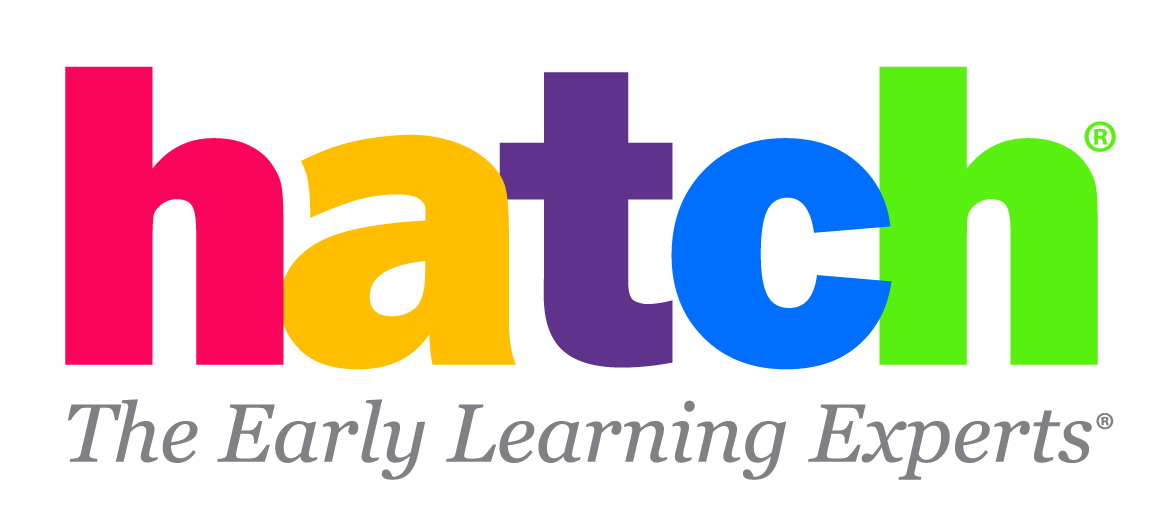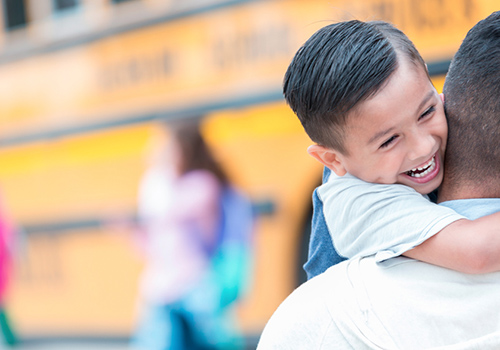Back to school is a special time of year. There’s a frenetic, anxious sort of energy in the air, but it’s also a curious blend of hope, panic, optimism and relief. No matter your feelings on the back-to-school season, it holds a particular type of magic for teachers, children and parents.
But when does school really begin?
A few weeks ago, we posed that very question to our friends on Twitter. Here is how they answered:
As you can see, more than four out of ten participants feel that preschool, not kindergarten, is the first real school experience that young learners have. Of course, as people deeply invested in preschool success, we were thrilled to read this.
But at the same time, it made us step back and ask: Is the first day of school really the start of constructive learning?
Learning starts before education begins.
Children learn by absorbing information from a very young age, even if they don’t always understand the information they’re receiving. For example, today we know that babies have the foundation for learning and recognizing language before they’re even born. From their first few moments of life, infants are learning things at a geometric rate: Spatial recognition, where their nutrition comes from and the sound of their mother’s voice. In fact, studies have shown that within hours of birth, infants can identify the difference between their mother’s native language and a foreign one!
As children get older, they continue to learn by interacting with the world around them - hearing new sounds, eating new foods, touching new things and learning to recognize, identify and express their own wants and needs. This is why sensory experiences in play is so vital. When parents, caregivers and peers read to children purposefully and with careful intention – and when children speak – they are building the complex network of neurons that they will need to develop the skills that they’ll need to succeed in school. Talk about scaffolded learning! Phonological awareness, decoding and vocabulary building are the sequential building blocks for reading, writing and problem-solving skills that will help them succeed through their academic careers.
Now, think of a real scaffold – one on a construction site, with crucial trusses, struts and connectors missing. Would you climb it? Would you post a “Danger” sign on it? Would you fix it? Indeed, that’s one of the first problems we face. Often, in the world of construction, it’s easy to see when a piece of equipment is not prepared properly. In early childhood education, those deficiencies are often invisible.
And then comes the first day of Kindergarten.
“Many of our children are unprepared to learn.”
These are the words of Kim Oliver Burnim, Teacher of the Year in 2006, in her speech to the U.S. Senate. “They lack so many of the skills that are necessary to be successful in school,” Burnim said. “The achievement gap, as a teacher, is real.”
If we’re starting in kindergarten, it’s often too late. Children who are only first introduced to coordinated curriculum-based learning in kindergarten are often starting behind. And without intervention from the right educators and early learning tools, they are at huge risk of falling into the achievement gap.
The reality is this: There are only 1,825 days between birth and kindergarten. It seems like a lot of time, but it’s not. Unlike the often practical knowledge gaps that we might see between, say, an undergraduate student and a doctoral candidate, onlookers may not see incredible differences between small children. At Hatch, teachers tell us all the time how quickly, easily and immediately they are able to identify which children have been through a quality pre-K experience and which ones have not.
As Burnim puts it: “The achievement gap is not just a phrase or a statistic that you hear about. The achievement gap has a face and a name. Too many faces, too many names, and it walks into my classroom each and every year.”
The best way for us to break the cycle? Prevent the cycle in the first place.
While pre-K isn’t the prolific, cure-all solution that will fix all of our society’s problems, it’s a solid place to start. Sometimes it’s hard to connect early childhood education to improving a person’s social mobility, education and equal access to systems that help people succeed.
Still, the effect is undeniable:
- Communication: The brain’s ability to make connections and our capacity to develop new vocabulary is largely set by the time we are five years old.
- The Capacity to Learn: A famous Tulsa, OK study from 2017 found that middle school students who were in pre-K years earlier have higher math test scores, are more likely to enroll in honors courses, and are noticeably less likely to have been retained in grade.
- Societal Outcomes: Children who participate in a preschool program tend to grow up to have higher earnings, commit fewer crimes, are more likely to hold a job and are more likely to graduate from high school.
Finally, the greatest value of a pre-K program is that it gives children the skills they need to interact with the world around them – effectively, how to function in a society with other human beings. Want your favorite crayon? Ask politely and wait your turn. And when there’s a problem? Use your words. Work with others. Cooperate with your classmates. Work collectively to find solutions. Communicate with their peers. And even cope with the inevitable stress of childhood.
First day of school jitters, anyone?
Want to learn more about how high quality, full-day early learning programming can transform a community? Check out this recent piece from The Hechinger Report.
Looking for more content from Hatch? Click here to sign up for free email content and product promotions!

